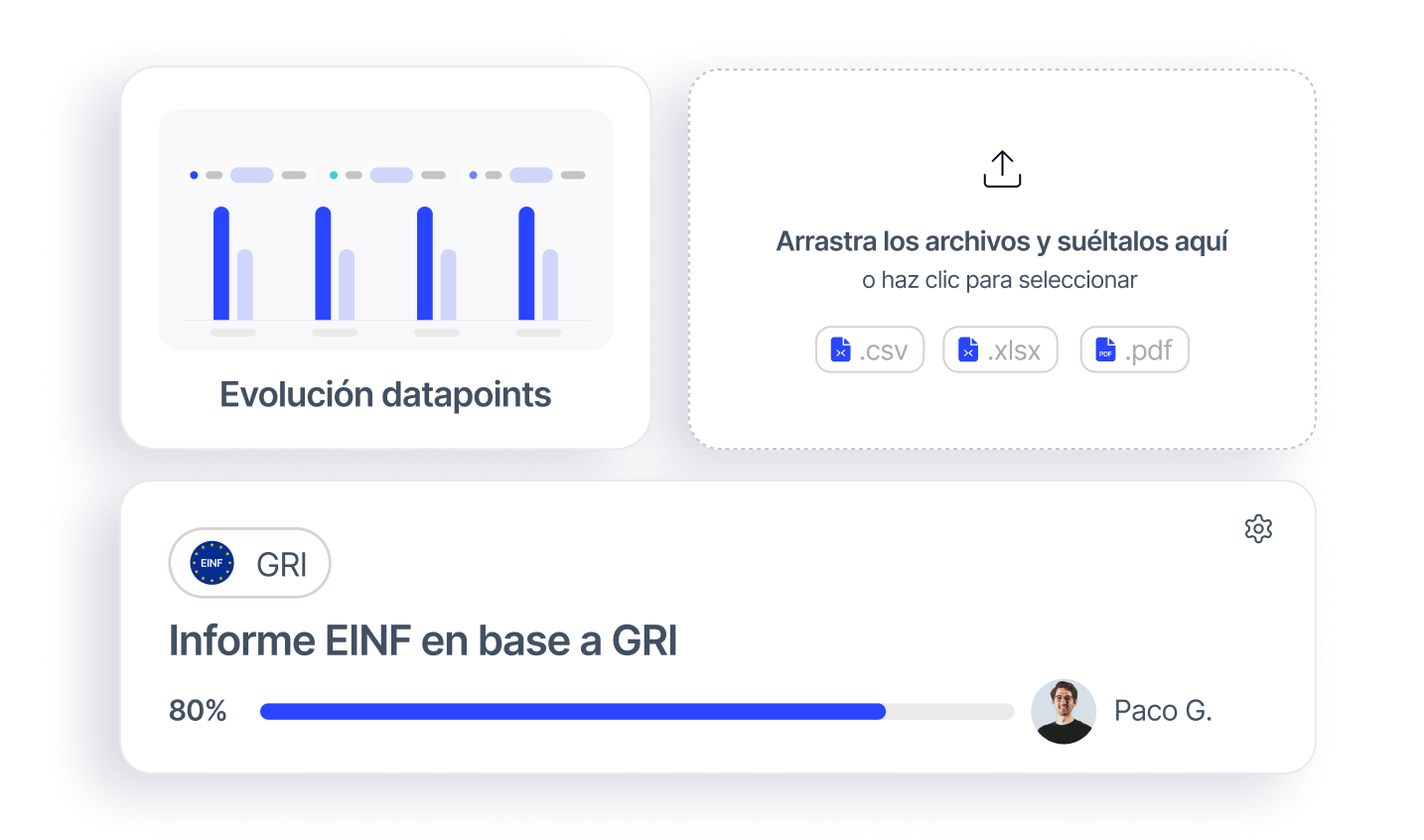Dcycle obtiene la certificación ISO 27001


En el panorama digital actual, la amenaza de la ciberdelincuencia está siempre presente y constantemente surgen nuevos riesgos. La certificación ISO/IEC 27001 capacita a las organizaciones como la nuestra para que sean conscientes de los riesgos, identificando y abordando de manera proactiva las vulnerabilidades antes de que puedan aprovecharse. Al seguir esta norma, garantizamos un enfoque holístico de la seguridad de la información, que incluye procesos rigurosos, políticas aprobadas y soluciones tecnológicas avanzadas.
En Dcycle, nuestra misión es proporcionar una solución confiable y segura para la medición e informes de métricas ESG. Con la certificación ISO 27001, damos un importante paso adelante para garantizar que nuestra plataforma siga siendo un entorno seguro para sus datos.
Lograr la certificación ISO/IEC 27001 no consiste solo en cumplir con una norma, sino en ofrecer valor a nuestros clientes. Si es uno de nuestros clientes o tiene la intención de serlo, esta certificación le beneficia de la siguiente manera:
La ISO/IEC 27001 es la norma líder mundial para la gestión de la seguridad de la información. Describe los requisitos para establecer, implementar, mantener y mejorar continuamente un sistema de gestión de la seguridad de la información (SGSI) dentro de una organización.
La norma proporciona un marco integral que permite a las empresas de cualquier tamaño y sector gestionar la seguridad de los activos, como la información financiera, la propiedad intelectual, los detalles de los empleados o la información que les han confiado terceros.
Sí, en la práctica muchas empresas industriales tienen que responder igual. Clientes y bancos piden datos de cadena de valor, huella y controles.
Puedes no publicar, pero vas a tener que demostrar.
Depende de tu doble materialidad, pero en industria suelen aparecer con frecuencia E1 (clima), E2 (contaminación y sustancias), E5 (circularidad), S1 (seguridad y condiciones laborales), S2 (cadena de valor) y G1 (conducta y controles).
Se estructura como proceso: inventario de IROs por planta y proceso, criterios de evaluación, umbrales, evidencias y decisiones registradas.
Así puedes defender el por qué ante revisión y repetirlo cada año sin reinventarlo.
Lo mínimo viable suele estar ya en tu organización: facturas y contadores de energía, datos EHS, compras y proveedores, RRHH y PRL, y registros de residuos y agua.
Se puede arrancar con un piloto por planta y escalar.
Con un enfoque realista: datos primarios cuando existan, y factores secundarios justificables cuando no.
Con trazabilidad de supuestos, versiones y evidencias por categoría.
Lorem ipsum dolor sit amet, consectetur adipiscing elit, sed do eiusmod tempor incididunt ut labore et dolore magna aliqua. Ut enim ad minim veniam, quis nostrud exercitation ullamco laboris nisi ut aliquip ex ea commodo consequat. Duis aute irure dolor in reprehenderit in voluptate velit esse cillum dolore eu fugiat nulla pariatur.
Block quote
Ordered list
Unordered list
Bold text
Emphasis
Superscript
Subscript
